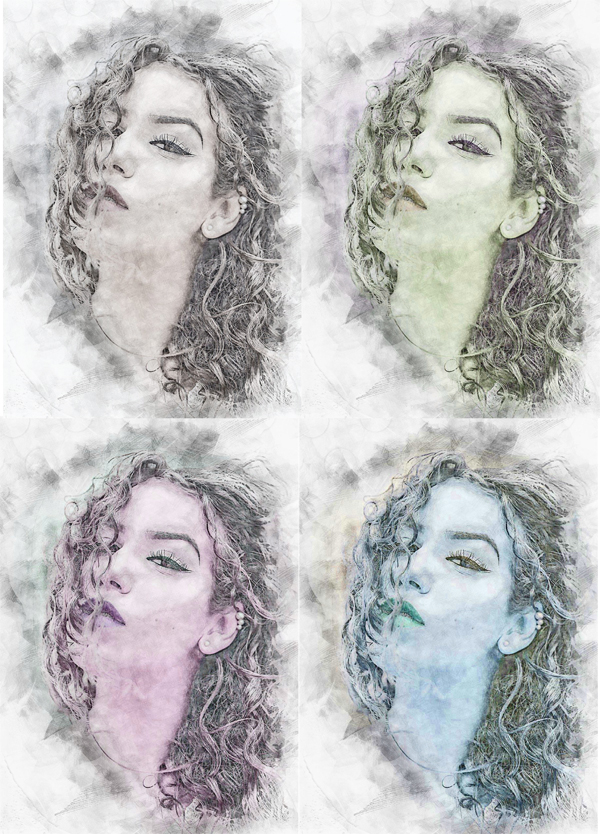When I first started writing, my characters “went through the motions” of the story. The heroines dressed well, wore gorgeous clothes, and attracted handsome, well-dressed heroes. The heroes undertook grueling adventures where they encountered obstacle after obstacle, and always saved the heroine in the end. All stories have to end with HEA (Happily Ever After), of course. But despite the amazing adventures and wonderful clothes, the characters had no “character.”
Then I took a plotting course and learned the magic of GMC—Goal, Motivation, and Conflict. The building blocks of all good stories. Without a goal, there is no forward movement. The characters have to go after something. Without motivation, the characters have no background, no expertise, and no drive. And without conflict, there is no tension, no obstacle, no fear, doubt, or worry. Goal, motivation, and conflict are the necessary foundation of the characters’ journeys.
But GMC goes deeper than that. A good GMC chart showcases the personality of your heroine. Everyone is shaped in life by the people around them. Your parents, siblings, friends, teachers, business partners, grocery clerks, mail carriers—anyone and everyone you interact with makes an impact on you. Their beliefs and patterns (if they’re repeated enough) become your beliefs and patterns. Don’t talk to strangers. Nothing in life comes easily. Women belong at home. And before you know it, not only have you adopted those rules, but they rule you.
One of the keys to the GMC chart lies with the Inner Goal. The Outer Goal is what the heroine wants to accomplish: get married, open her own business, solve the mystery of her mother’s death. Throughout the story she pursues this goal. But the Inner Goal digs deep into her personality. It looks at her “emotional need.” This is the one thing that she needs on an emotional level in order to be whole.
There are four qualities that everyone in the world deals with. I call these the Four Selfs: self-love, self-worth, self-esteem, and self-respect. “Don’t talk to strangers” teaches your heroine to distrust others. That lack of trust for others reflects a lack of love. The less she loves herself, the less she’s able to love others. So your heroine’s Inner Goal—her need—would be self-love.
If she’s taught that women belong at home, she’ll grow up believing that others (men) are better, smarter, more powerful, superior in many ways. She’ll believe she’s not worthy. So her Inner Goal would be self-worth.
Let’s say your heroine wants to open her own business, but she’s been raised to believe that women need to stay at home. What will she have to overcome in order to have that business? Her Outer Goals might be 1) How will she get out of the house? 2) Where will she find the money? 3) Will her culture allow her to have a business? Those are all crucial plot elements. But the bigger question is will she have the strength and courage to pursue that business if she feels unworthy at every step? Can she rise to the challenge and succeed or will her lack of self-worth prove that she should stay at home? [GMC isn’t just for fiction. It applies to everyone, including nonfiction characters.]
I love GMC. It’s such a powerful tool for showing you the needs and fears of your characters, which demonstrates why they do what they do.

